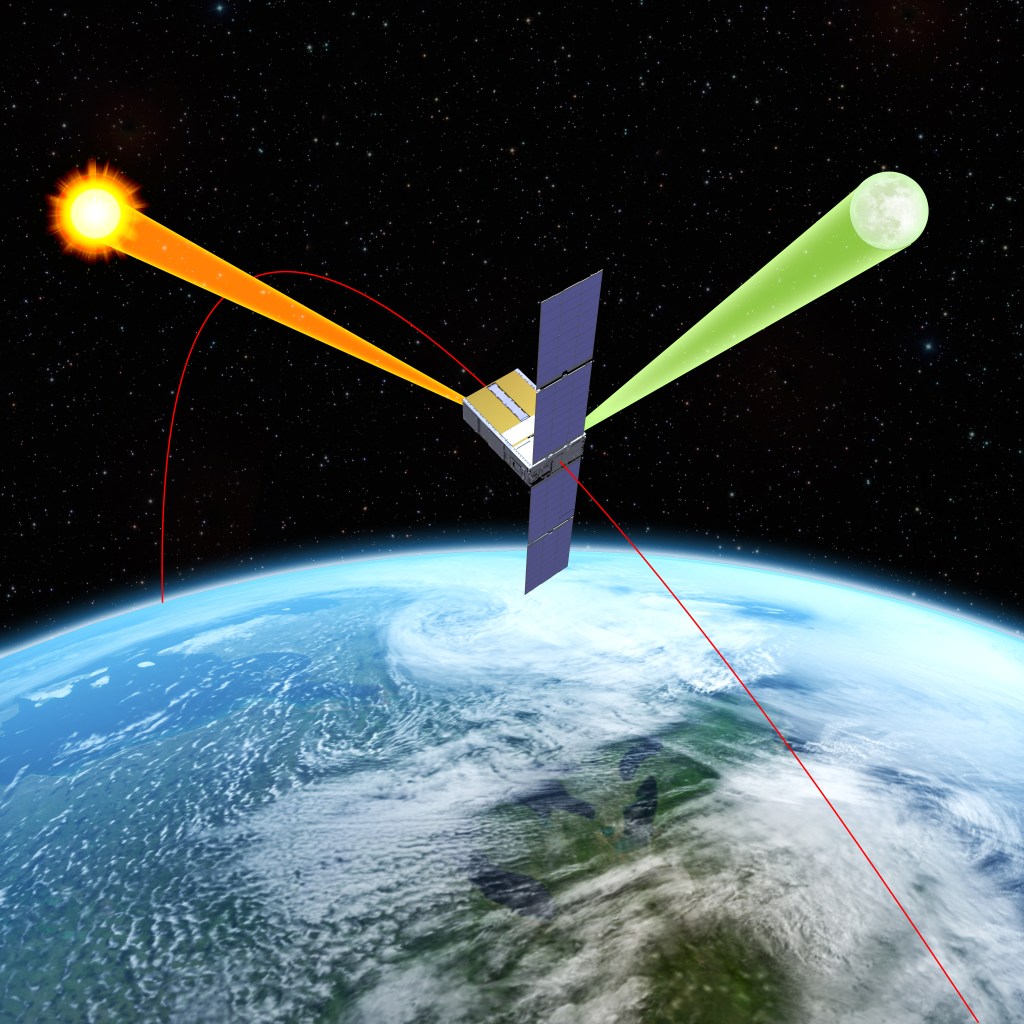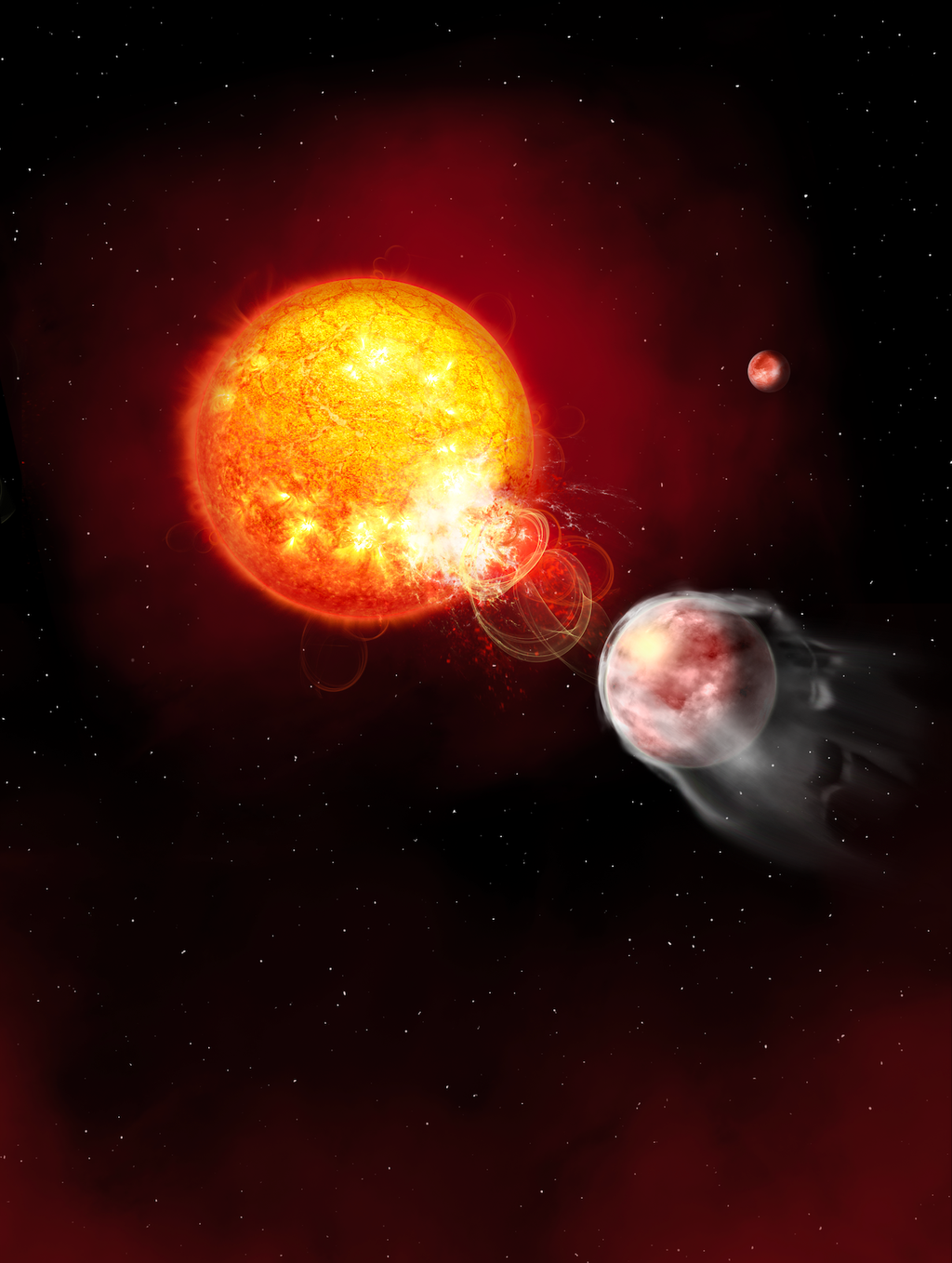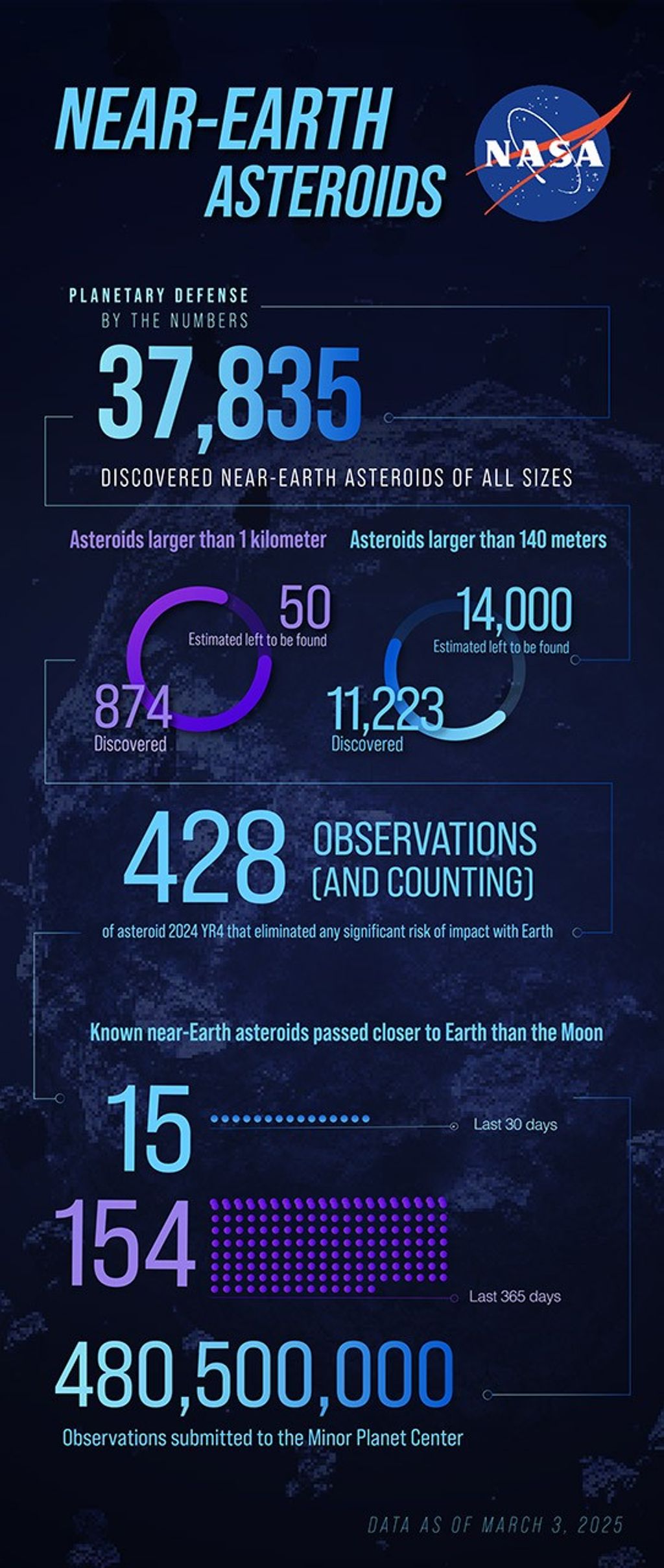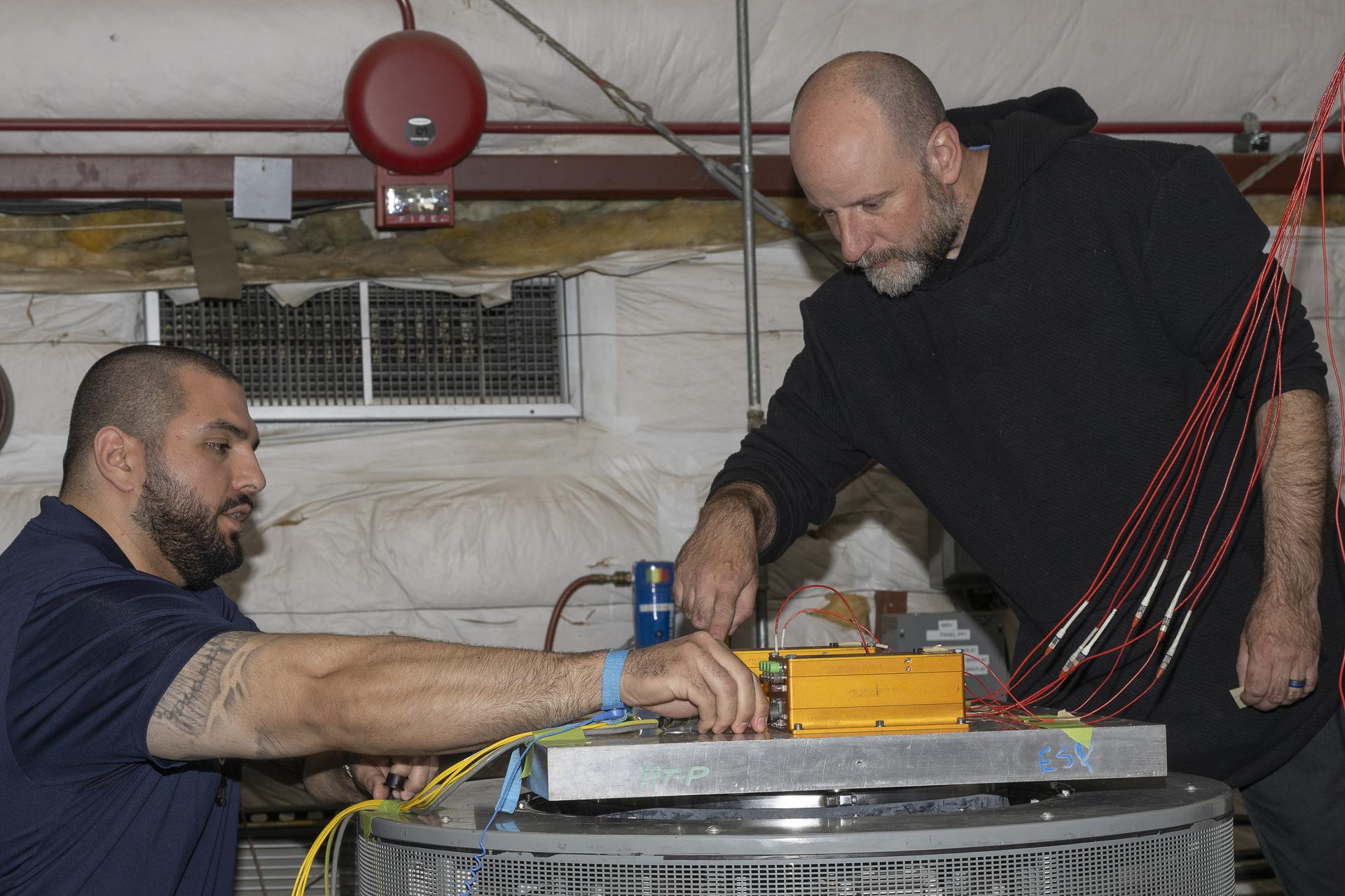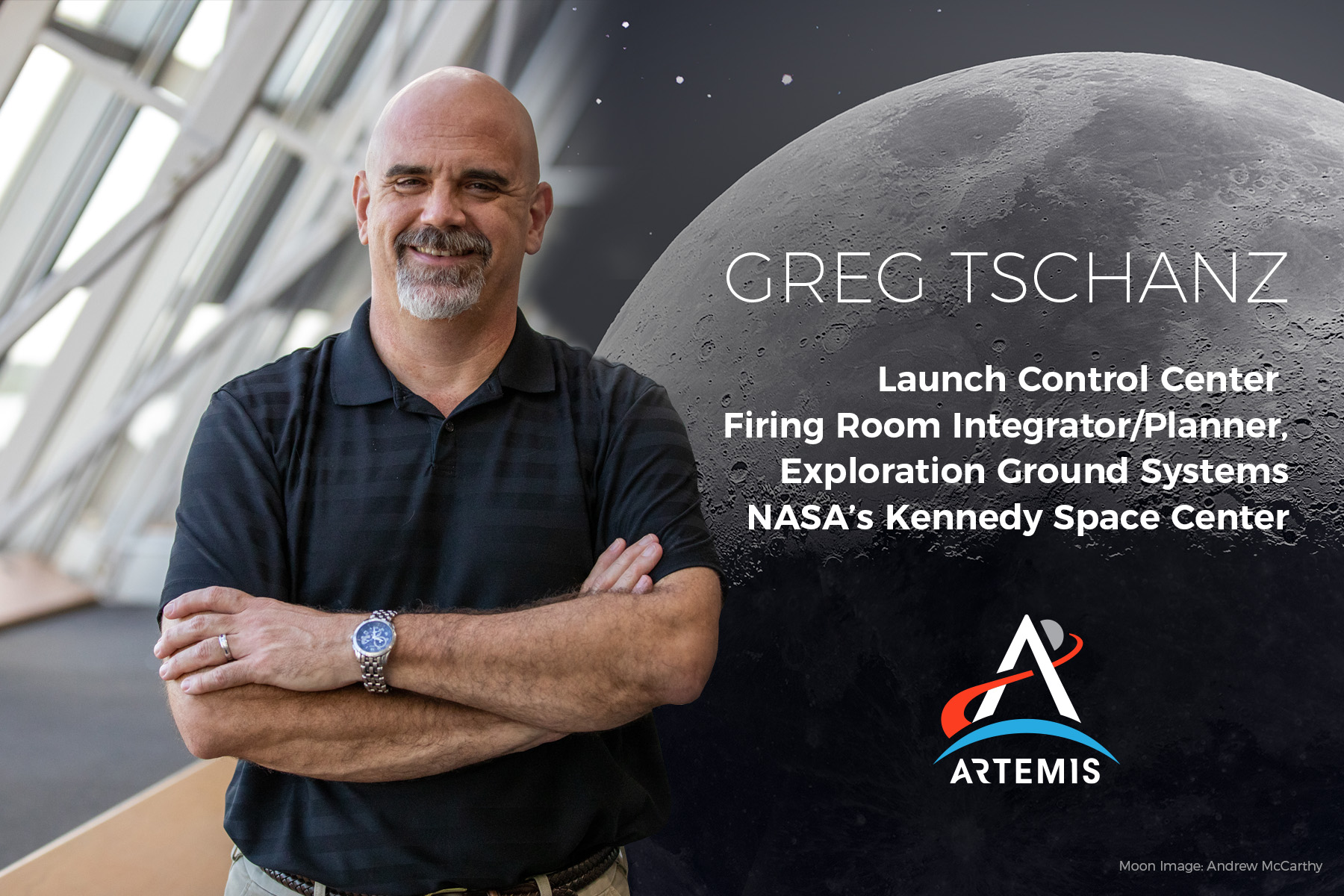Greg Tschanz may have been destined to work for Artemis since the day he was born — July 16, 1969 — the same day the Apollo 11 crew launched from NASA’s Kennedy Space Center in Florida. Tschanz’s own path to Kennedy wasn’t a straight shot, however; his journey became a lifelong endeavor.
Tschanz earned a master’s degree in Information Technology from Barry University and spent 15 years working in aviation with the Air Force, on government contracts, with the Federal Aviation Administration, and in the private sector. He “never in a million years” thought he would actually get to live out his dream of being a part of the space program — especially not the Artemis missions that will return humans to the Moon.
In 2018, Tschanz’s dream came true when he was recruited by Jacobs, the prime contractor supporting NASA’s Exploration Grounds Systems Program. Tschanz started out in the Delivery Integration team and is now an Integrator for the firing rooms in the Launch Control Center at Kennedy. He coordinates all activities in the firing rooms to ensure there are no conflicts, and he prepares the firing rooms for Artemis tests and launch activities.
“What is unique about my job is the fact that I interact with every team at Kennedy Space Center that’s in any way, shape, or form supporting Artemis,” said Tschanz.
The Artemis I firing room teams have performed an extensive testing regimen, including more than 12 launch countdown simulations, 10 cryogenic loading simulations, and all the various subsystems checkouts of their respective portions of the vehicle, culminating in the integrated vehicle testing. All of this has led to the most recent event of teams working on the last critical test before launch — the wet dress rehearsal, which demonstrates the ability to load cryogenic, or super cold, propellants into the Artemis I rocket at launch pad 39B.
As an Air Force veteran born into a family of military veterans, Tschanz’s pride for his country has been with him his entire life. Now, he couldn’t be more excited to help the United States go back to the Moon and on to Mars.
Deep space exploration is important to Tschanz. “This time it is different,” he said. “It is about the unification of humanity to find a common goal for space exploration. We learn so much every time we go to space. The experiments conducted on the International Space Station are very important, they lead to great gains down here on planet Earth. It’s going to be the same when we go back to the Moon.”









